 Dwellers of the Thin Places
Dwellers of the Thin Places
-
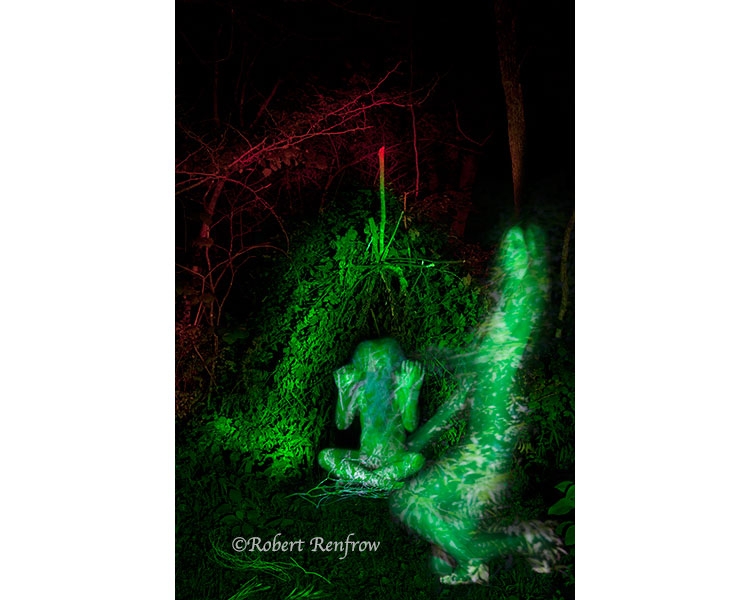 The Green Martyr
The Green Martyr -
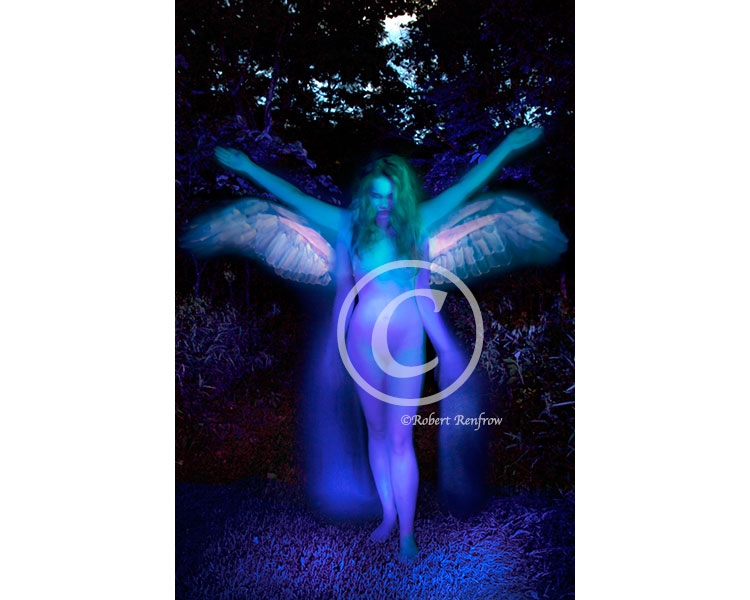 Sentinel Of The Night
Sentinel Of The Night -
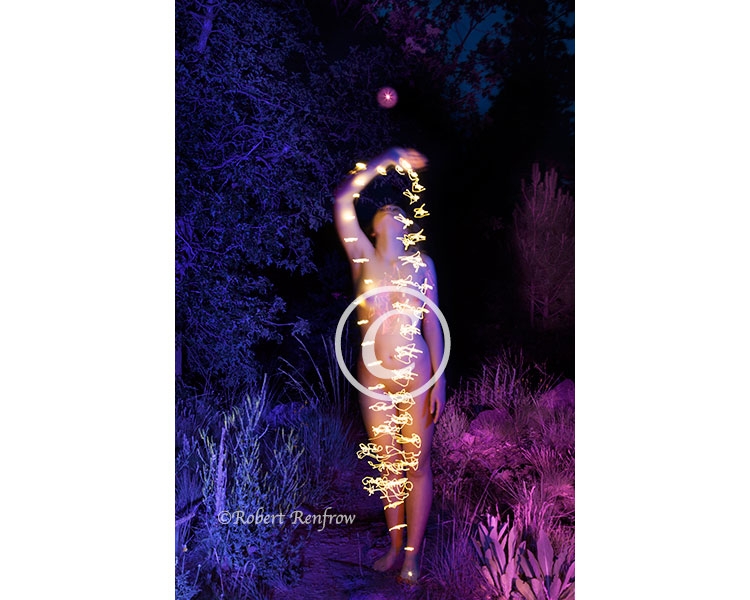 The Luminous One
The Luminous One -
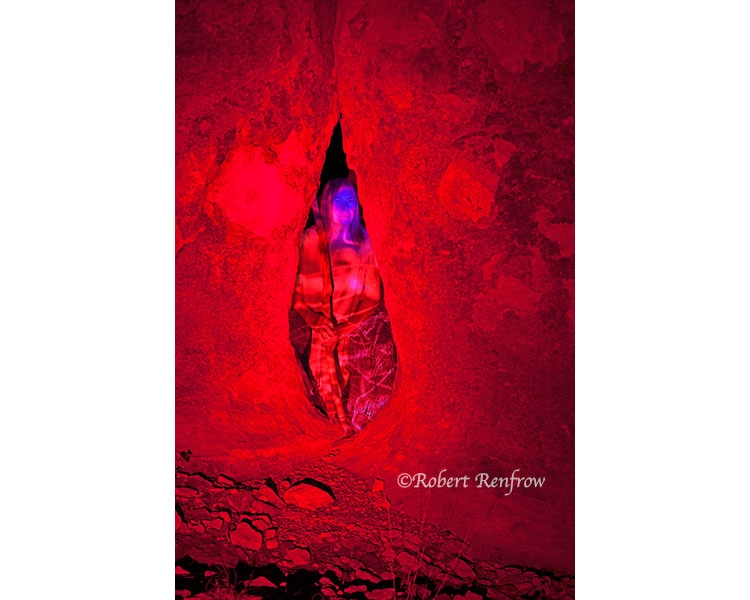 Shaman Of The Rocks
Shaman Of The Rocks -
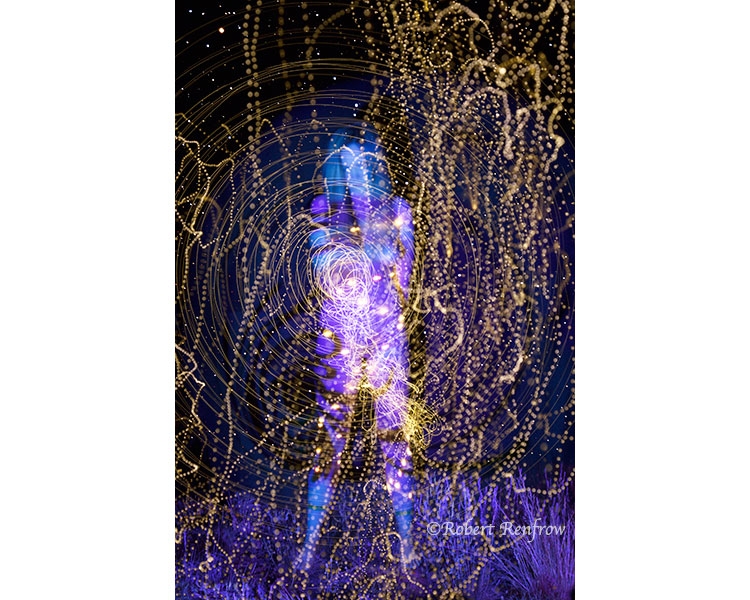 Ancestral Light
Ancestral Light -
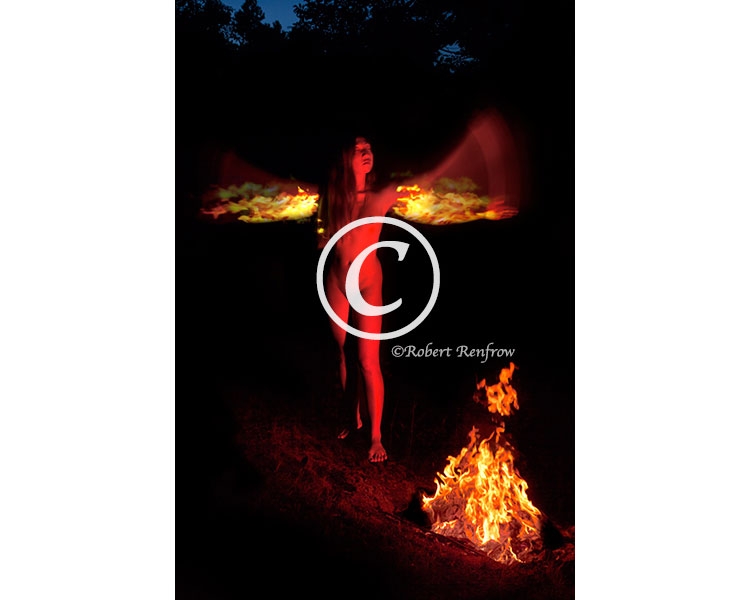 Dream Incubation
Dream Incubation -
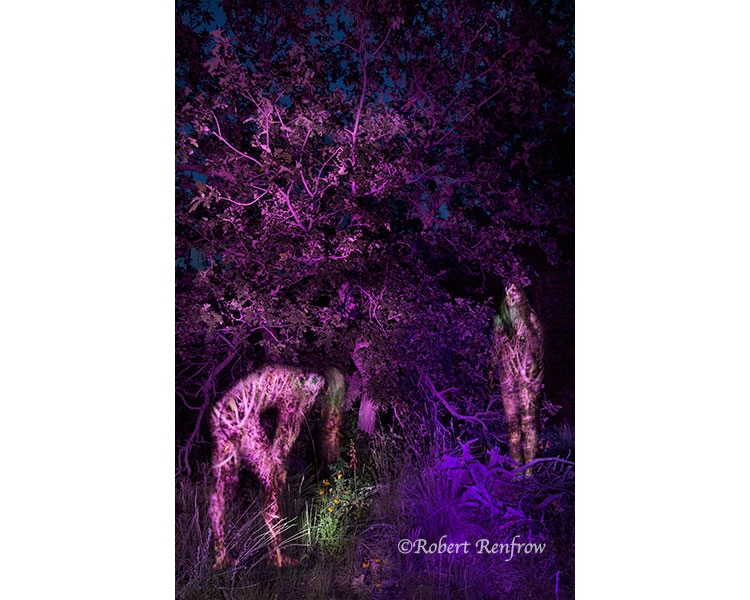 Healing Deities
Healing Deities -
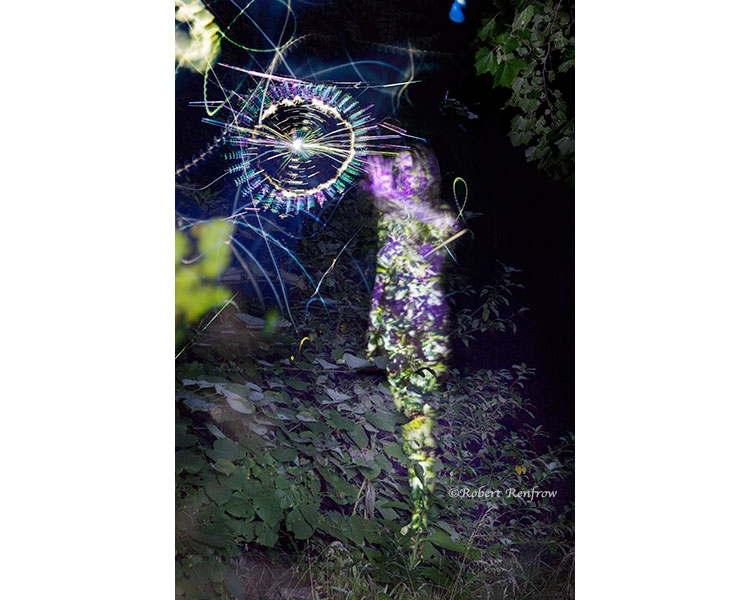 Goddess Of Reincarnation
Goddess Of Reincarnation -
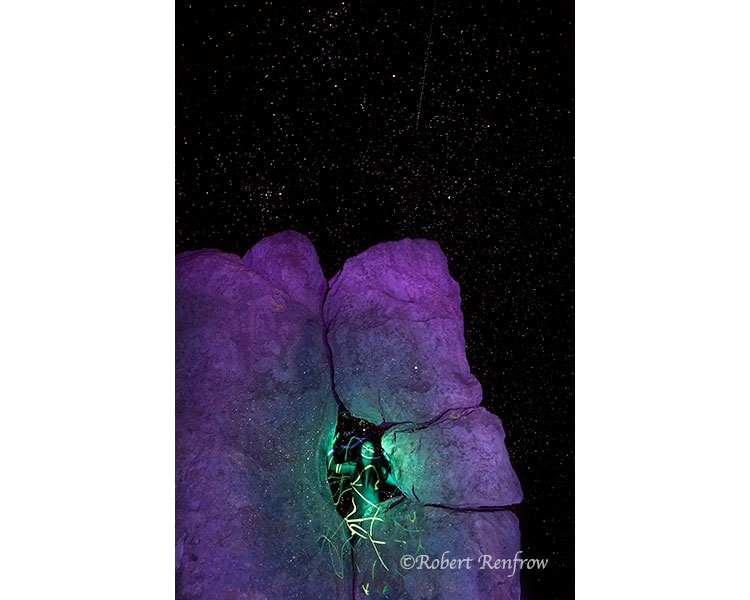 Guardian Of The Portal
Guardian Of The Portal -
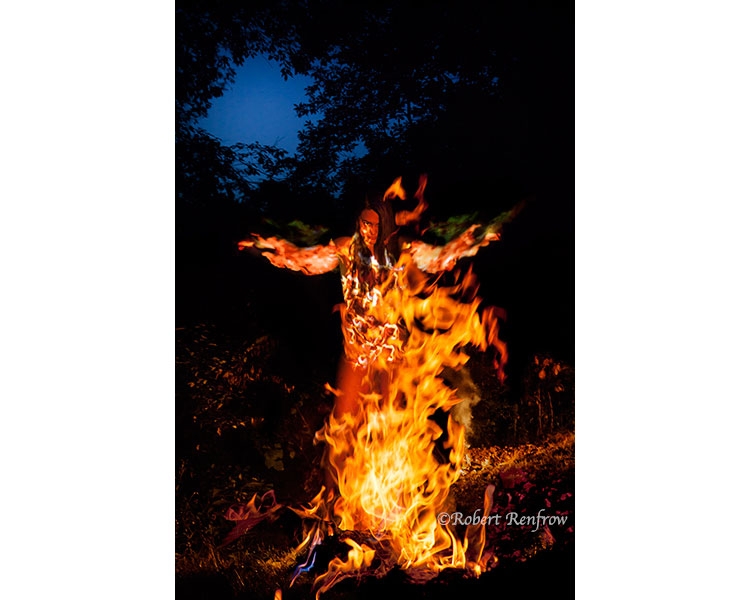 Resurrection
Resurrection -
 Oak Knowledge
Oak Knowledge -
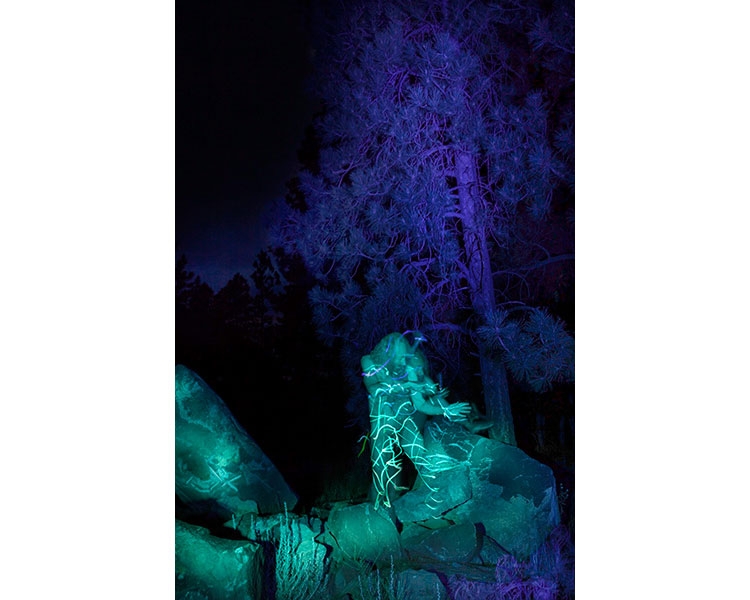 Megalithic Elder
Megalithic Elder -
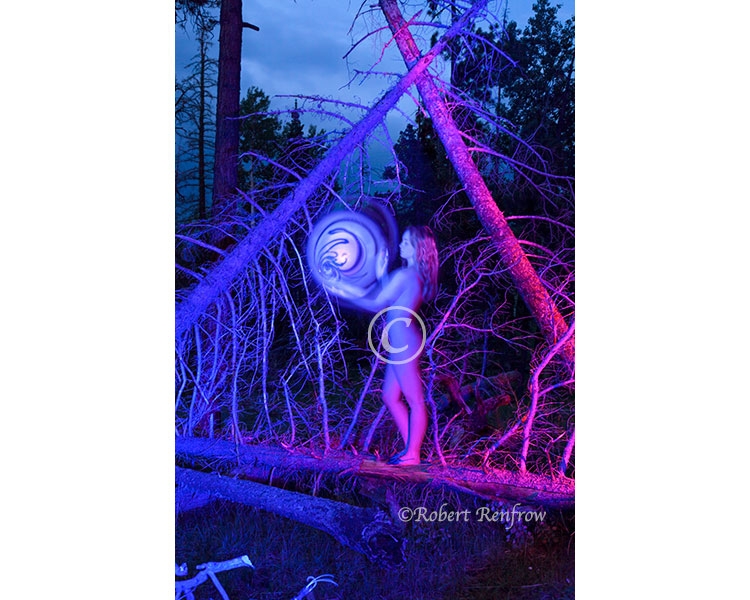 The Memory Of Trees
The Memory Of Trees -
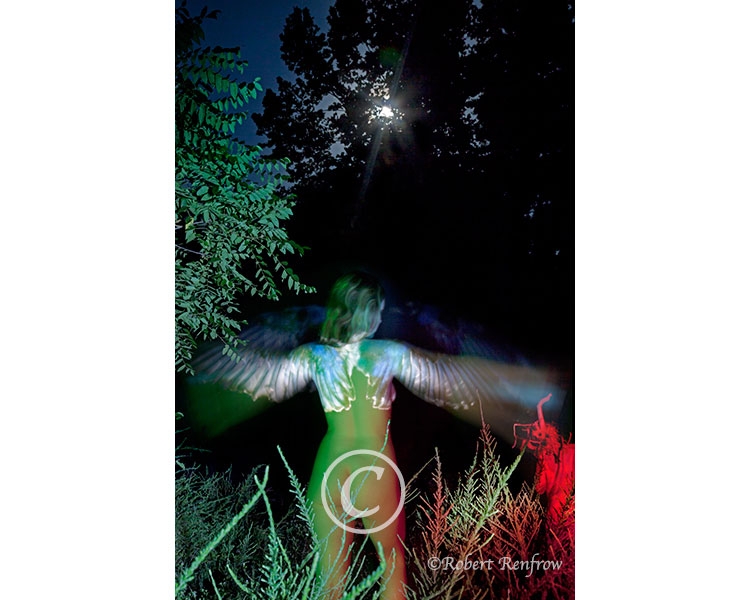 Forest Defender
Forest Defender -
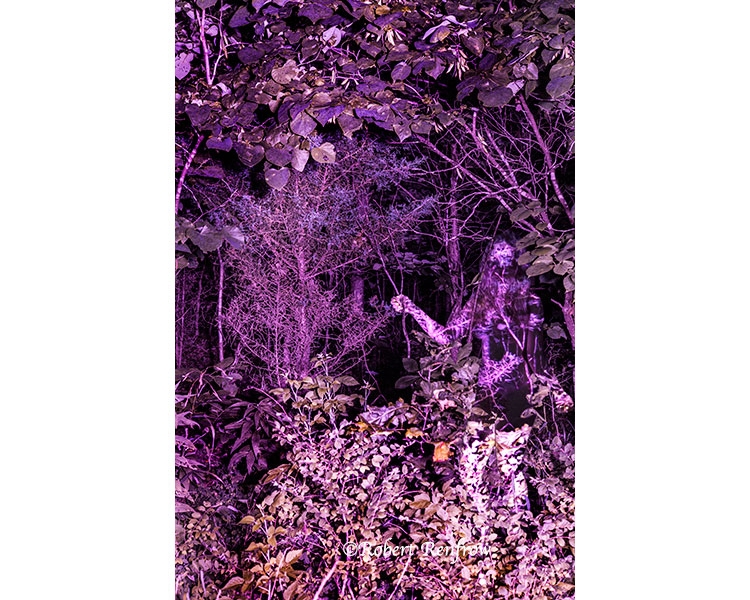 Transformation
Transformation -
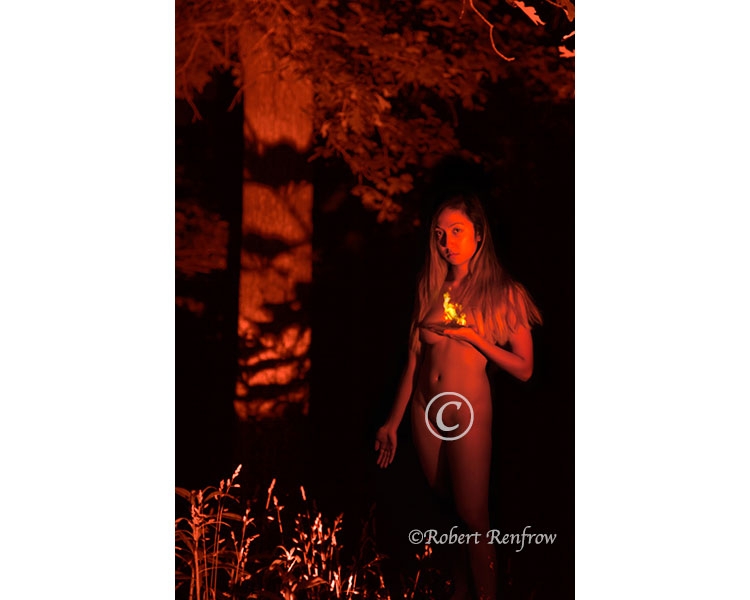 The Summons
The Summons -
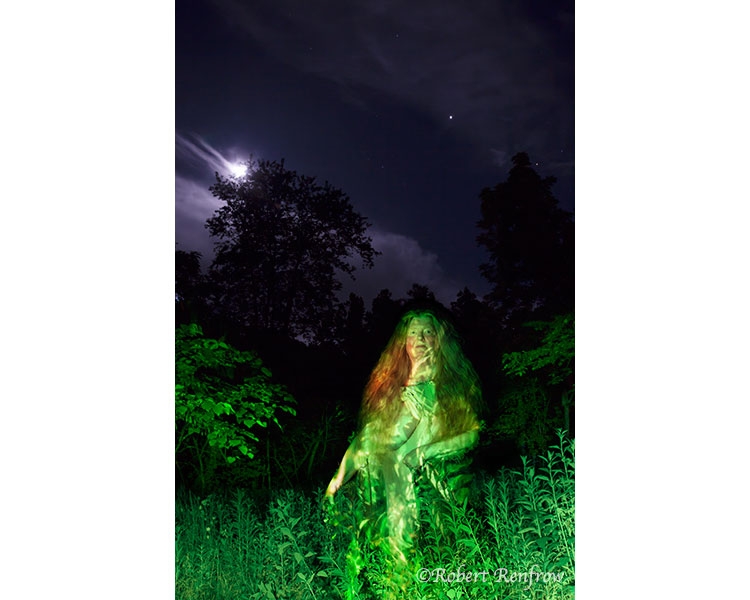 The Green Woman
The Green Woman -
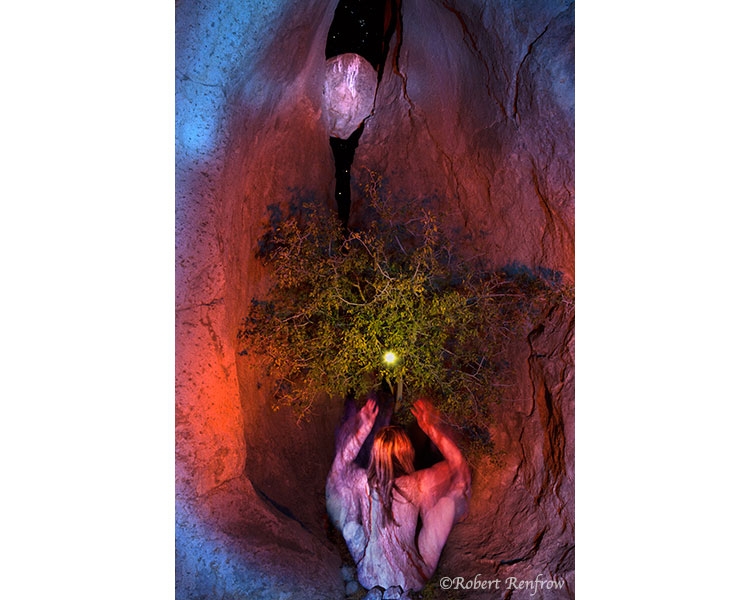 Earth Light
Earth Light -
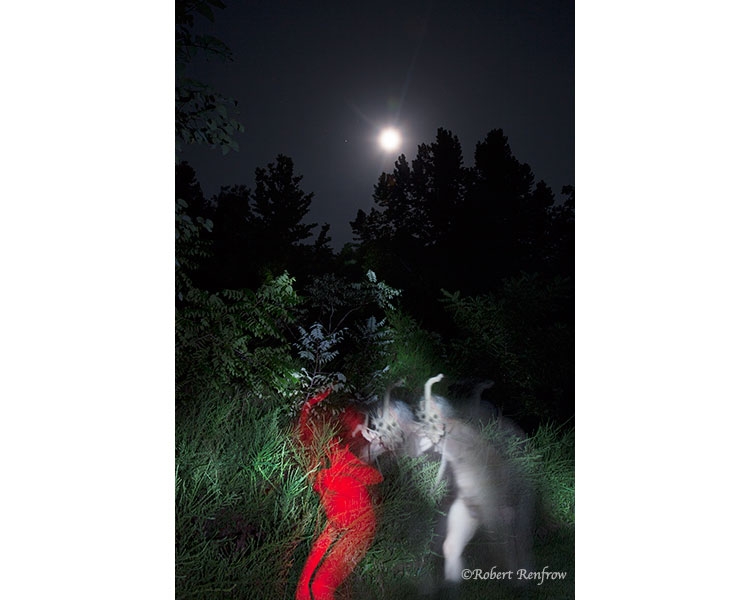 Tree Spirit
Tree Spirit -
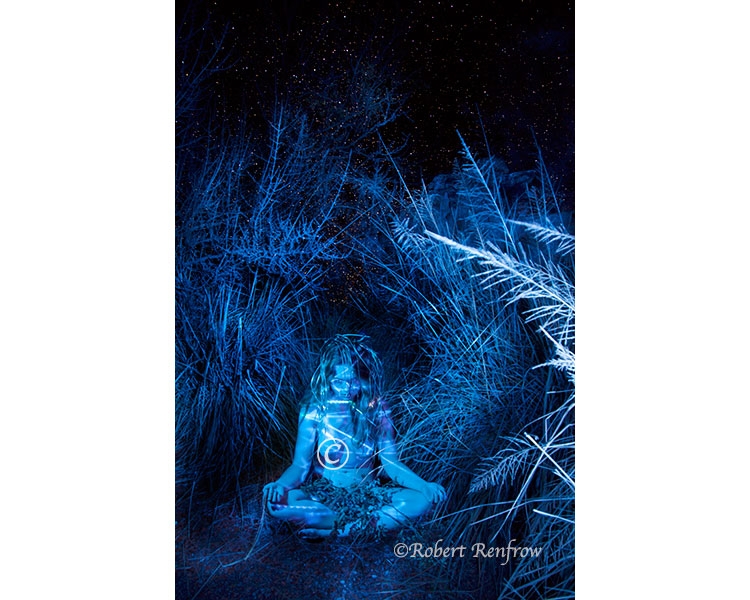 Fierce Meditator
Fierce Meditator -
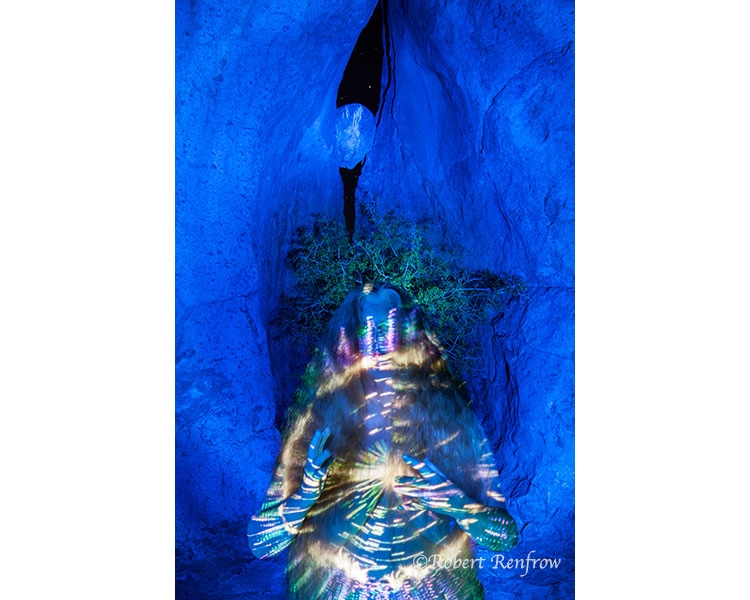 The Visitation
The Visitation -
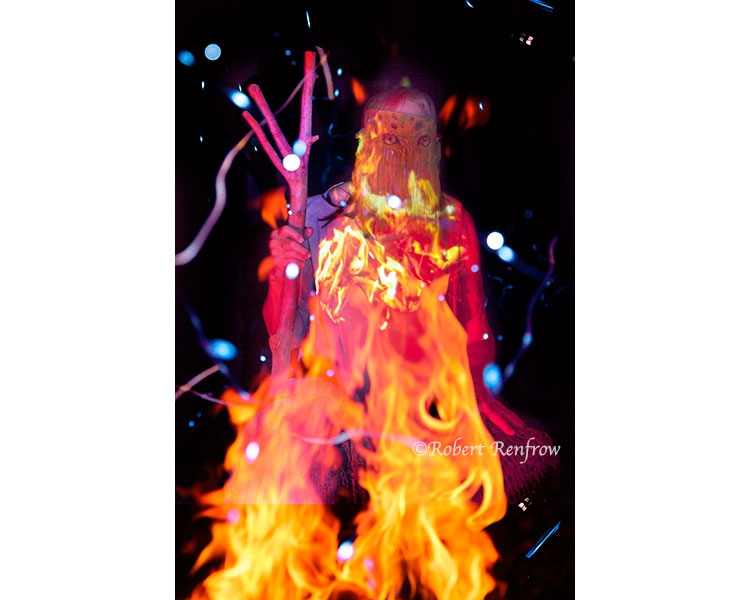 Shapeshifter
Shapeshifter -
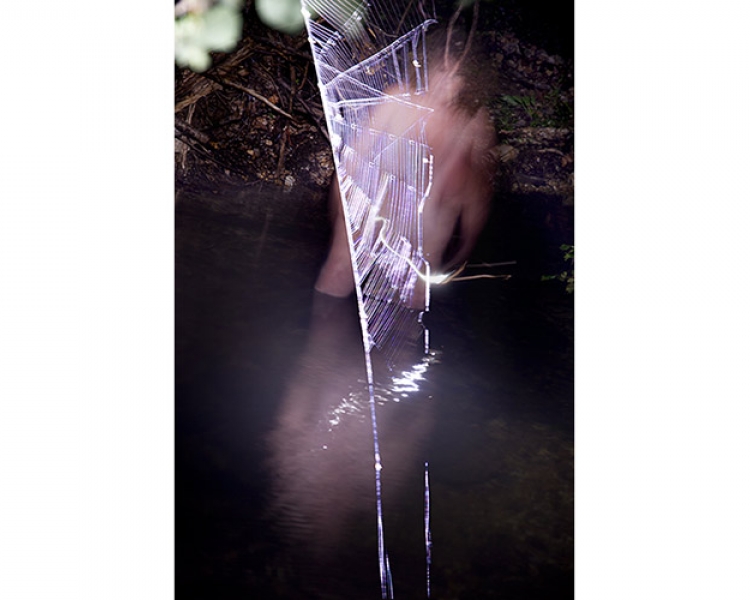 Entrance To The Otherworld: The Guardian
Entrance To The Otherworld: The Guardian
In Celtic beliefs and traditions, the term “Thin Places” denotes a numinous locale in the natural world: a forest clearing, a spring or pool, a boulder field, a hill, a burial mound, a stone ring, or any such place that has a deep spiritual vibration or feel. These are places where our everyday world can meet and intermingle with the “Otherworld” of spirit. The veil between the worlds is thin, and time and space are fluid.
Thin Places are where beings, both human and otherwise, can cross over between these worlds. The Otherworld is the dwelling place for ancient Celtic deities. Many different entities, spirits, guardians, gods, and especially goddesses, make their homes there. Dwellers of these Thin Places are sometimes called The Fay, Sidhe, or The Good People and these powerful elemental beings are protectors of these sacred sites. They can both help or harm humans.
Celtic Druids passed information down orally and when they were repressed a vast storehouse of centuries of knowledge passed away with them. Due to the millennia of persecution and ethnic cleansing experienced by various groups of Celtic peoples, much of their history and tradition has been lost. Many Thin Places have been co-opted by Christianity and given new names. Histories have been “written by the victors."
Where does this lost history leave the modern descendants of the Celts of yore? Do we turn our backs on our ancestors just because we have been robbed of our own past?
The Celtic scholar John Matthew once visited Wallace Black Elk, Lakota medicine man and descendant of Nicholas Black Elk of “Black Elk Speaks” fame. Matthew asked Black Elk:
“…if he had anything to say to our [Celtic] people, working with a fragmented and in some instances forgotten tradition. Wallace Black Elk’s answer was forthrightly direct: ‘There is,’ he said, ‘no such thing as a forgotten tradition… No tradition ever dies until the last person who honours it dies.’ ”- The Encyclopaedia of Celtic Wisdom
I am inspired to honor these ancient beliefs of my ancestors; beliefs which are far older than Christianity or Rome and perhaps stretch back to the earliest foundations of humanity.
I make no attempt at “historical” accuracy in illustrating a particular god, goddess or spirit, but give free reign to my imagination. I honor my ancestors as I envision these “Dwellers of the Thin Places” and the Otherworld they inhabit.
- Robert Renfrow, M.F.A.